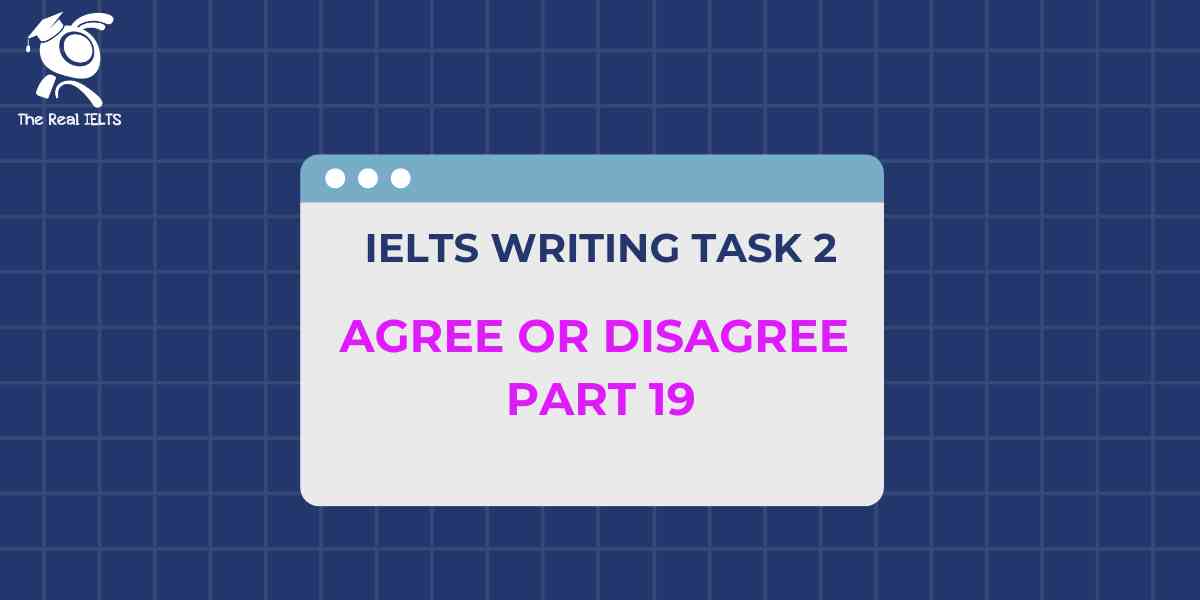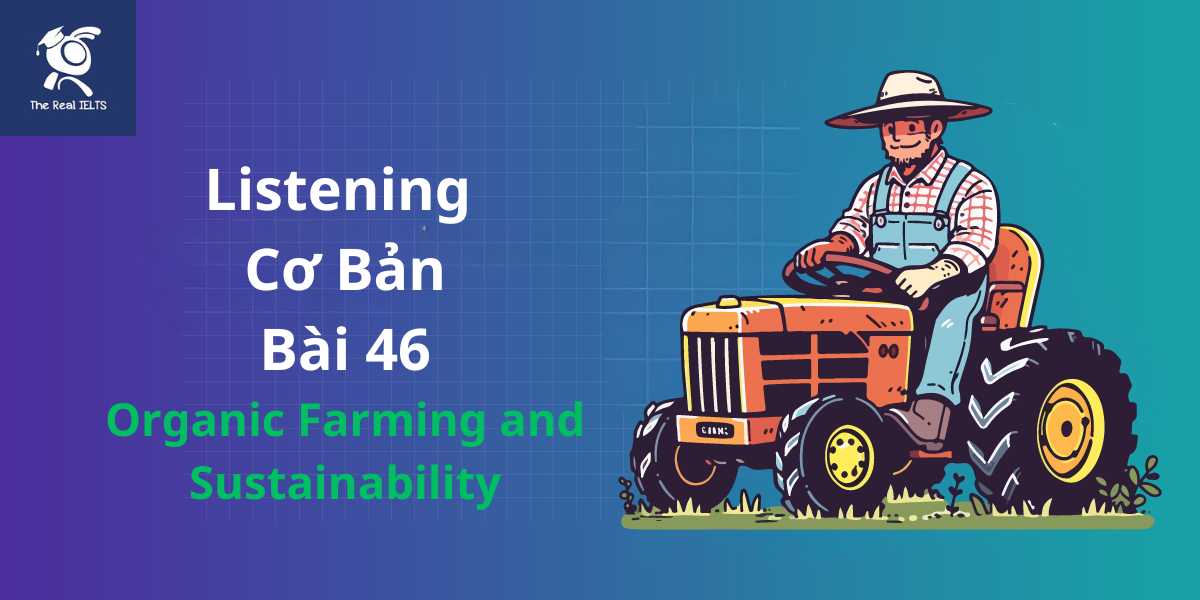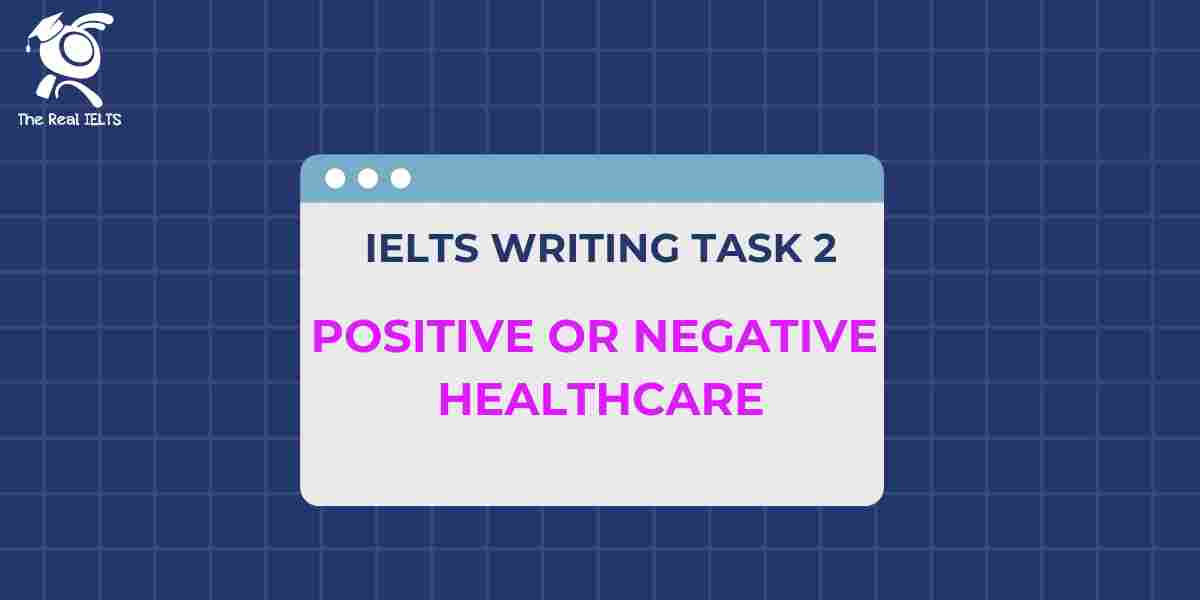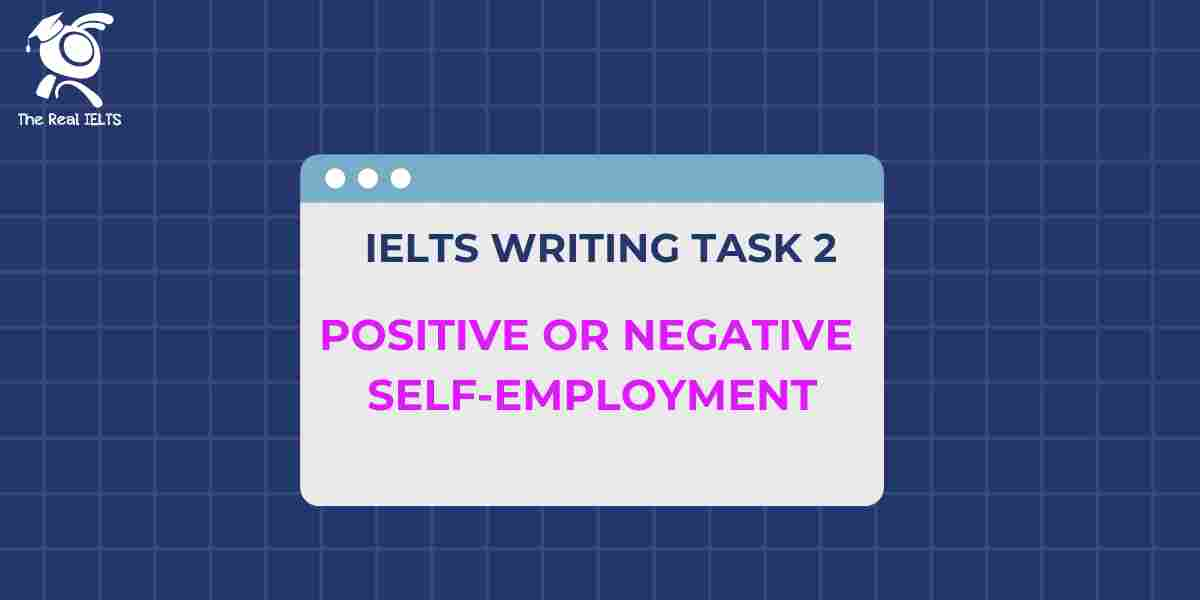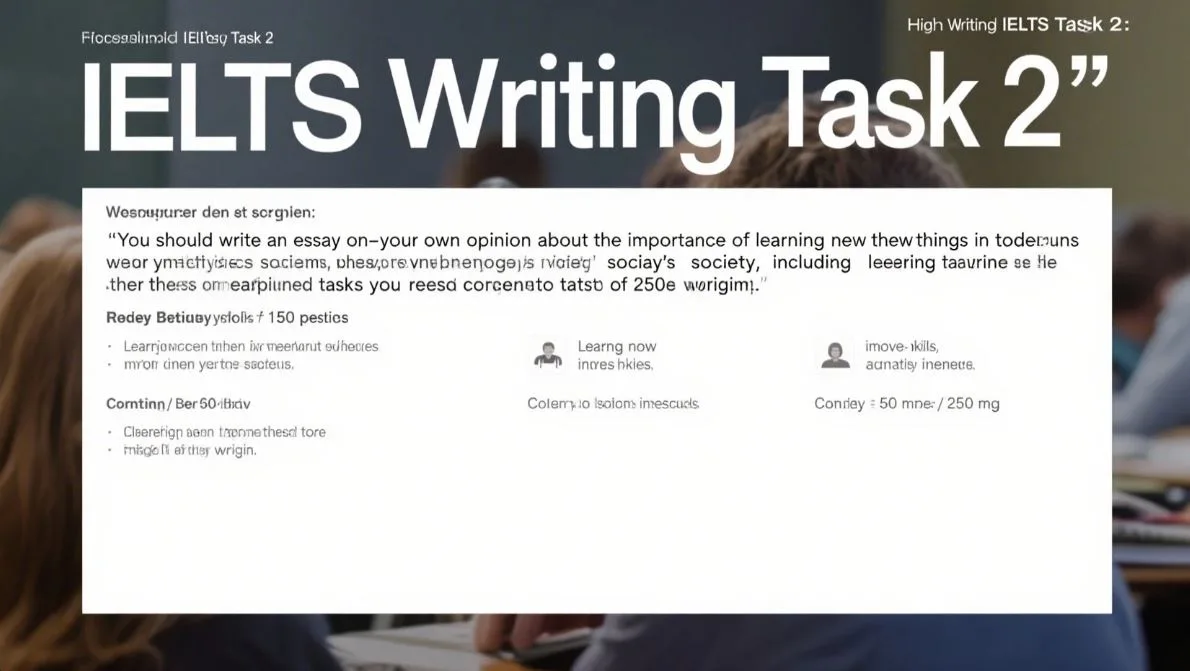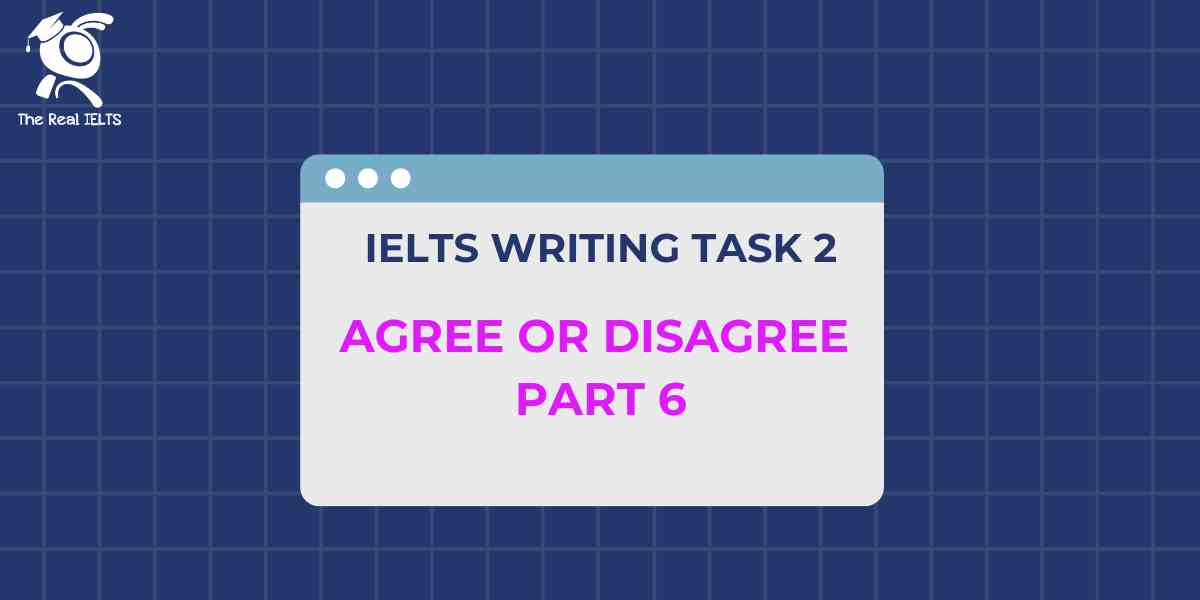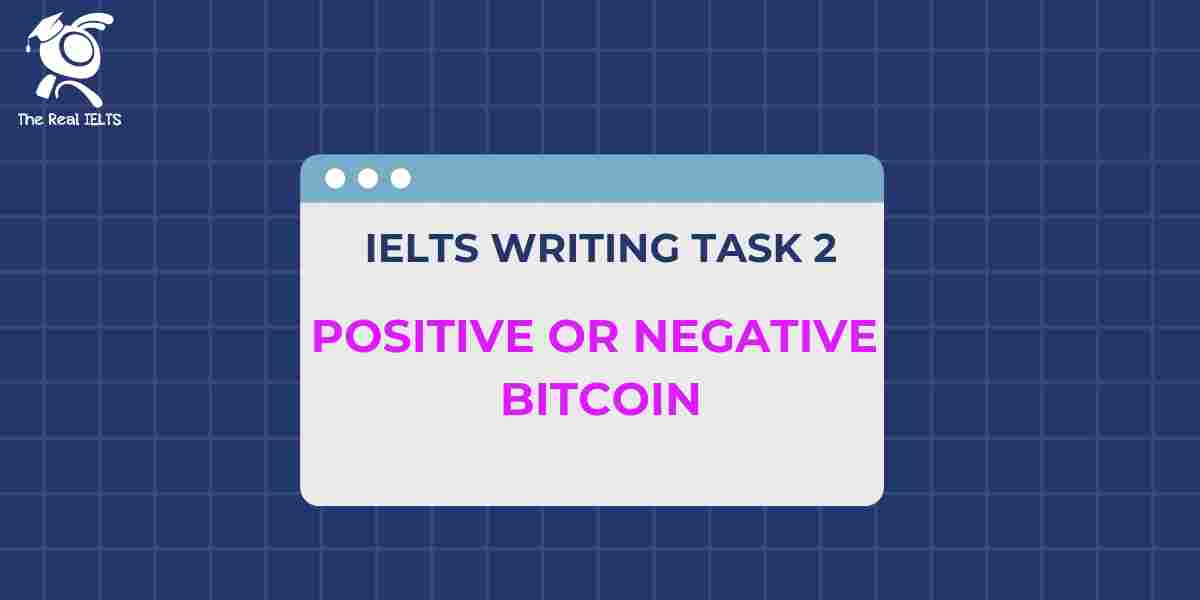Đề bài IELTS Writing Task 2 dạng Agree or Disagree Part 19:
You should spend about 40 minutes on this task
Tourism benefits local communities. To what extent do you agree or disagree?
Write at least 250 words.
Giải mẫu IELTS Writing
Tourism has become a significant industry in many parts of the world, often seen as a major economic driver that brings numerous advantages to local communities. However, while I agree that tourism can offer several advantages, I also believe that it has certain drawbacks that must be considered. Therefore, I partially agree with the statement that tourism benefits local communities.
On the one hand, tourism undoubtedly contributes positively to the economic development of local communities. It generates employment opportunities, not only in the hospitality and service sectors but also in ancillary industries such as transportation, retail, and entertainment. For instance, in many developing countries, tourism is a critical source of income for local residents, providing jobs and supporting small businesses. Additionally, tourism can lead to improved infrastructure, such as better roads, enhanced public services, and upgraded facilities, which benefit both tourists and local inhabitants.
Moreover, tourism promotes cultural exchange and helps preserve local traditions and heritage. Tourists often seek authentic experiences, encouraging communities to maintain and showcase their unique customs, crafts, and historical sites. This cultural preservation can foster a sense of pride and identity among local residents, as well as raise awareness and appreciation for cultural diversity among visitors.
On the other hand, the influx of tourists can have negative impacts on local communities. Environmental degradation is a significant concern, as increased tourist activities can lead to pollution, habitat destruction, and overuse of natural resources. For example, popular tourist destinations often face issues such as littering, water scarcity, and damage to ecosystems, which can adversely affect the quality of life for local residents.
Furthermore, tourism can lead to the commercialization and commodification of local cultures. In some cases, traditions and cultural practices are modified or exaggerated to cater to tourists’ expectations, potentially eroding their authenticity and significance. Additionally, the cost of living in tourist hotspots can rise due to increased demand for goods and services, making it difficult for local residents to afford basic necessities.
In conclusion, while tourism does bring substantial economic and cultural benefits to local communities, it also poses several challenges, particularly in terms of environmental sustainability and cultural integrity. Therefore, it is crucial to adopt a balanced approach that maximizes the positive impacts of tourism while mitigating its negative effects. By doing so, local communities can truly reap the benefits of this global industry.
Cấu trúc ngữ pháp và cấu trúc câu
Cấu trúc câu và cấu trúc ngữ pháp
- Simple Sentence (Câu đơn giản):
- Tourism has become a significant industry in many parts of the world.
- It generates employment opportunities.
- Compound Sentence (Câu ghép):
- Tourism has become a significant industry in many parts of the world, often seen as a major economic driver that brings numerous advantages to local communities.
- It generates employment opportunities, not only in the hospitality and service sectors but also in ancillary industries such as transportation, retail, and entertainment.
- Complex Sentence (Câu phức):
- However, while I agree that tourism can offer several advantages, I also believe that it has certain drawbacks that must be considered.
- On the one hand, tourism undoubtedly contributes positively to the economic development of local communities.
- For instance, in many developing countries, tourism is a critical source of income for local residents, providing jobs and supporting small businesses.
- Moreover, tourism promotes cultural exchange and helps preserve local traditions and heritage.
- Furthermore, tourism can lead to the commercialization and commodification of local cultures.
- Therefore, it is crucial to adopt a balanced approach that maximizes the positive impacts of tourism while mitigating its negative effects.
- Passive Voice (Câu bị động):
- In some cases, traditions and cultural practices are modified or exaggerated to cater to tourists’ expectations.
Từ kết nối các câu và các đoạn
- However – Tuy nhiên
- Therefore – Vì vậy
- On the one hand – Một mặt
- For instance – Ví dụ
- Additionally – Thêm vào đó
- Moreover – Hơn nữa
- On the other hand – Mặt khác
- Furthermore – Hơn nữa
- In some cases – Trong một số trường hợp
- By doing so – Bằng cách đó
Các từ vựng tiếng Anh cần lưu ý trong bài viết
- Tourism – Du lịch
- Significant – Quan trọng, đáng kể
- Industry – Ngành công nghiệp
- Economic driver – Động lực kinh tế
- Advantages – Lợi ích
- Drawbacks – Hạn chế, nhược điểm
- Economic development – Phát triển kinh tế
- Employment opportunities – Cơ hội việc làm
- Hospitality – Dịch vụ nhà hàng khách sạn
- Service sectors – Các ngành dịch vụ
- Ancillary industries – Các ngành phụ trợ
- Transportation – Vận tải
- Retail – Bán lẻ
- Entertainment – Giải trí
- Source of income – Nguồn thu nhập
- Small businesses – Doanh nghiệp nhỏ
- Infrastructure – Cơ sở hạ tầng
- Enhanced public services – Dịch vụ công cộng nâng cao
- Facilities – Tiện nghi
- Cultural exchange – Trao đổi văn hóa
- Preserve – Bảo tồn
- Heritage – Di sản
- Authentic experiences – Trải nghiệm chân thực
- Customs – Phong tục
- Historical sites – Di tích lịch sử
- Cultural preservation – Bảo tồn văn hóa
- Sense of pride – Niềm tự hào
- Identity – Bản sắc
- Cultural diversity – Đa dạng văn hóa
- Environmental degradation – Suy thoái môi trường
- Habitat destruction – Phá hủy môi trường sống
- Natural resources – Tài nguyên thiên nhiên
- Littering – Vứt rác bừa bãi
- Water scarcity – Khan hiếm nước
- Ecosystems – Hệ sinh thái
- Quality of life – Chất lượng cuộc sống
- Commercialization – Thương mại hóa
- Commodification – Biến thành hàng hóa
- Cultural practices – Các thực hành văn hóa
- Authenticity – Tính chân thực
- Significance – Ý nghĩa
- Cost of living – Chi phí sinh hoạt
- Tourist hotspots – Điểm du lịch nổi tiếng
- Sustainability – Bền vững
- Balanced approach – Cách tiếp cận cân bằng
- Mitigating – Giảm thiểu
Đọc thêm các bài Luyện Thi IELTS khác trong link nhé.


